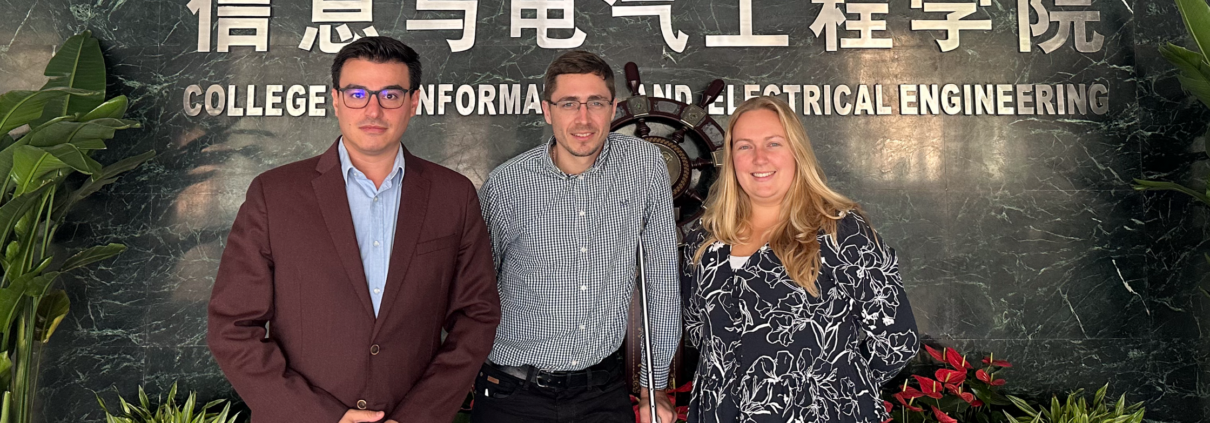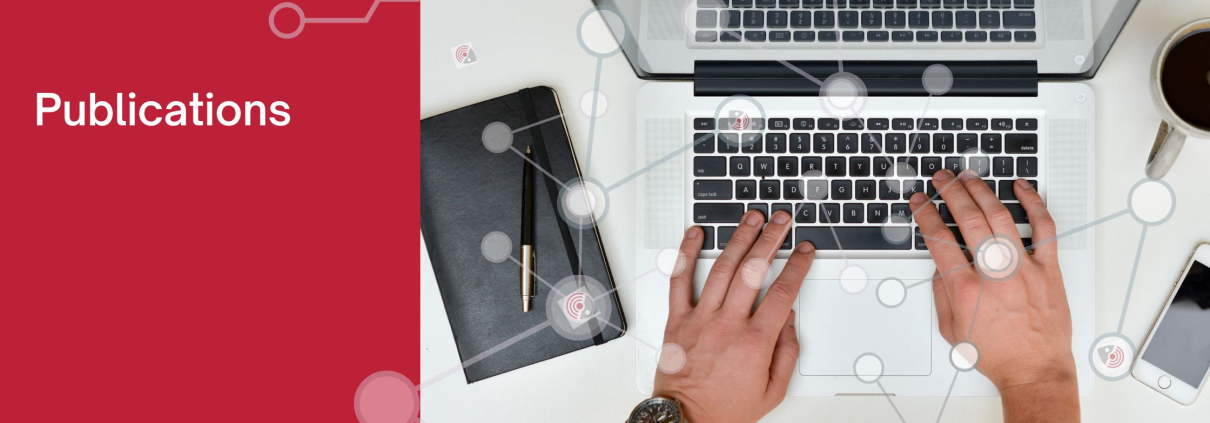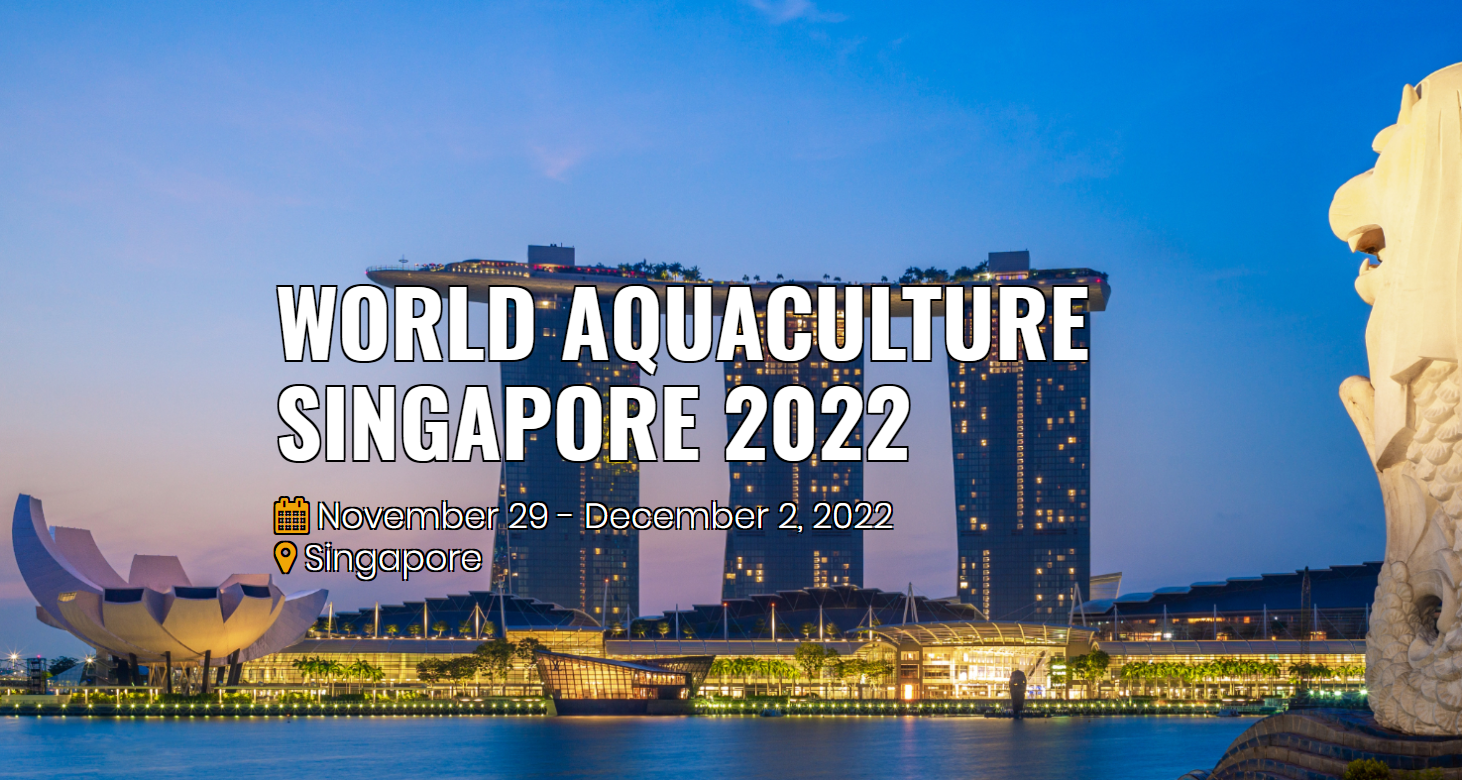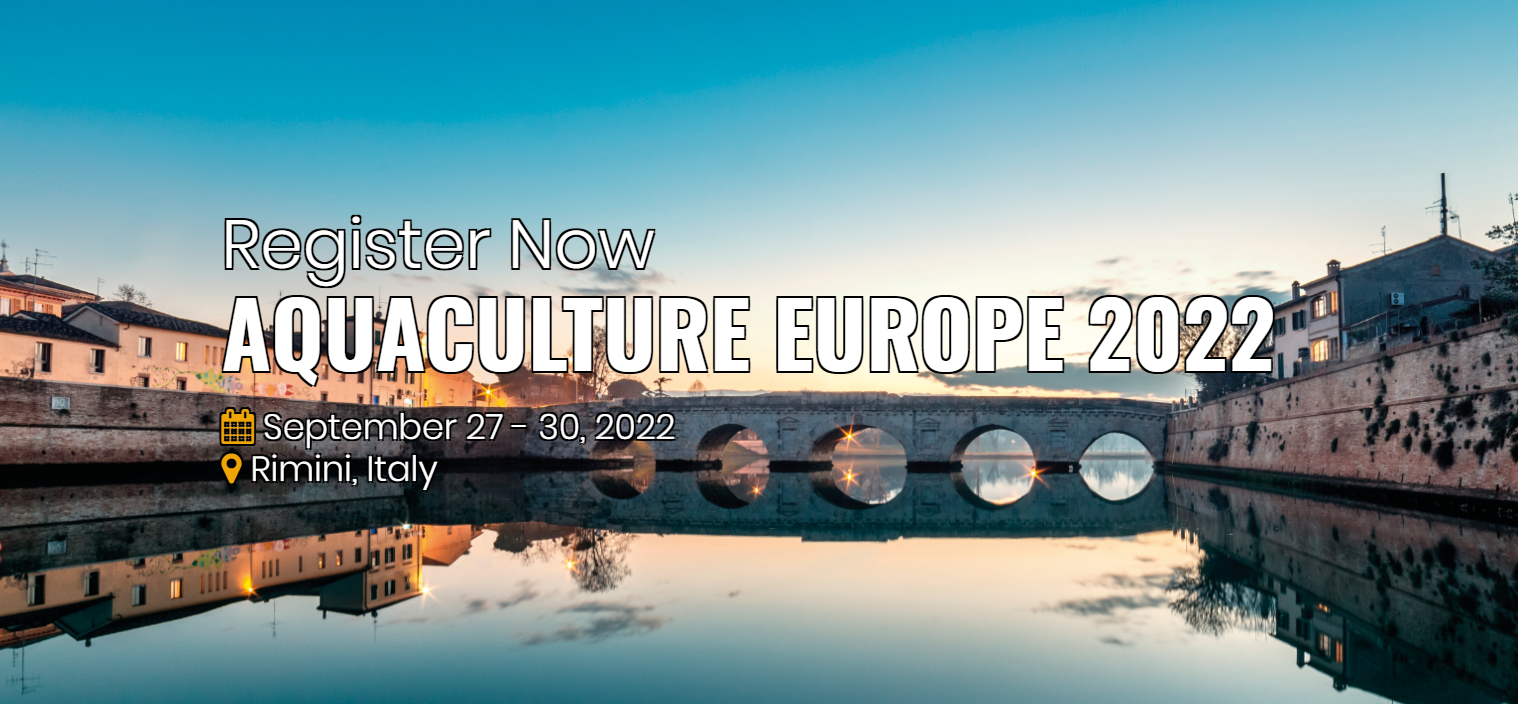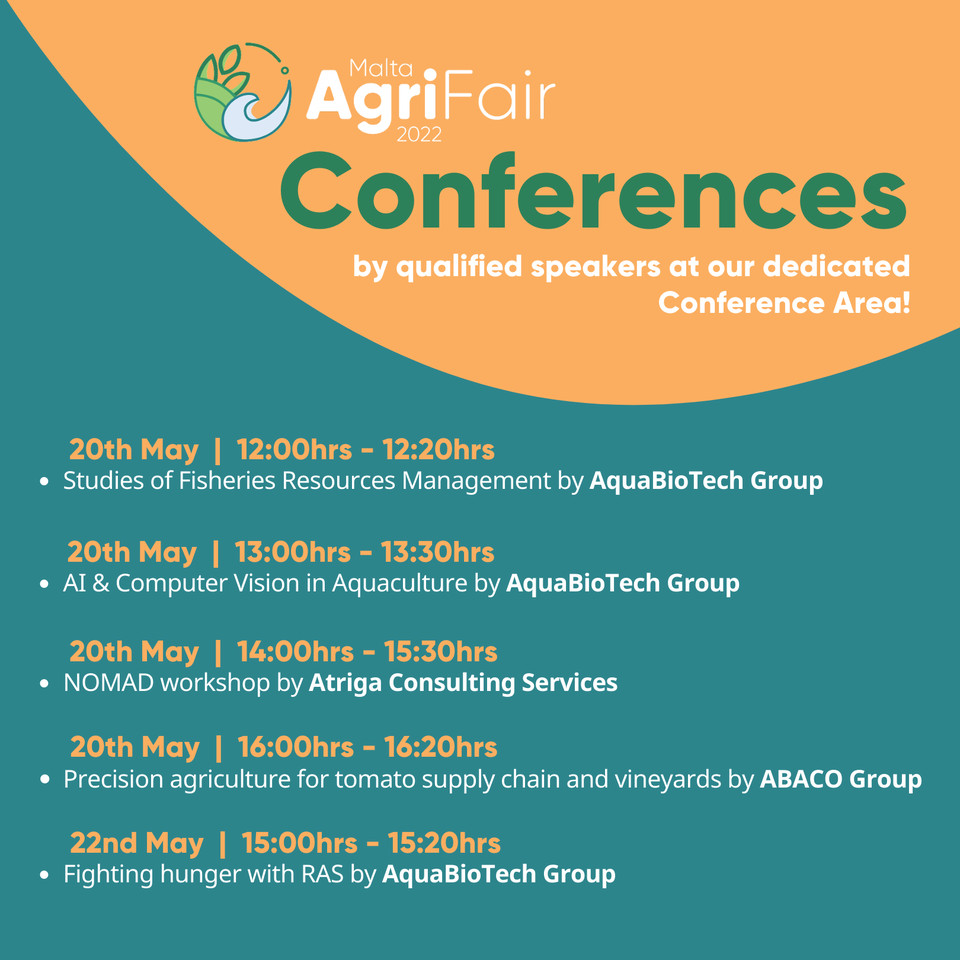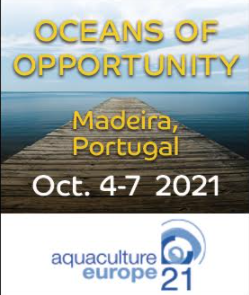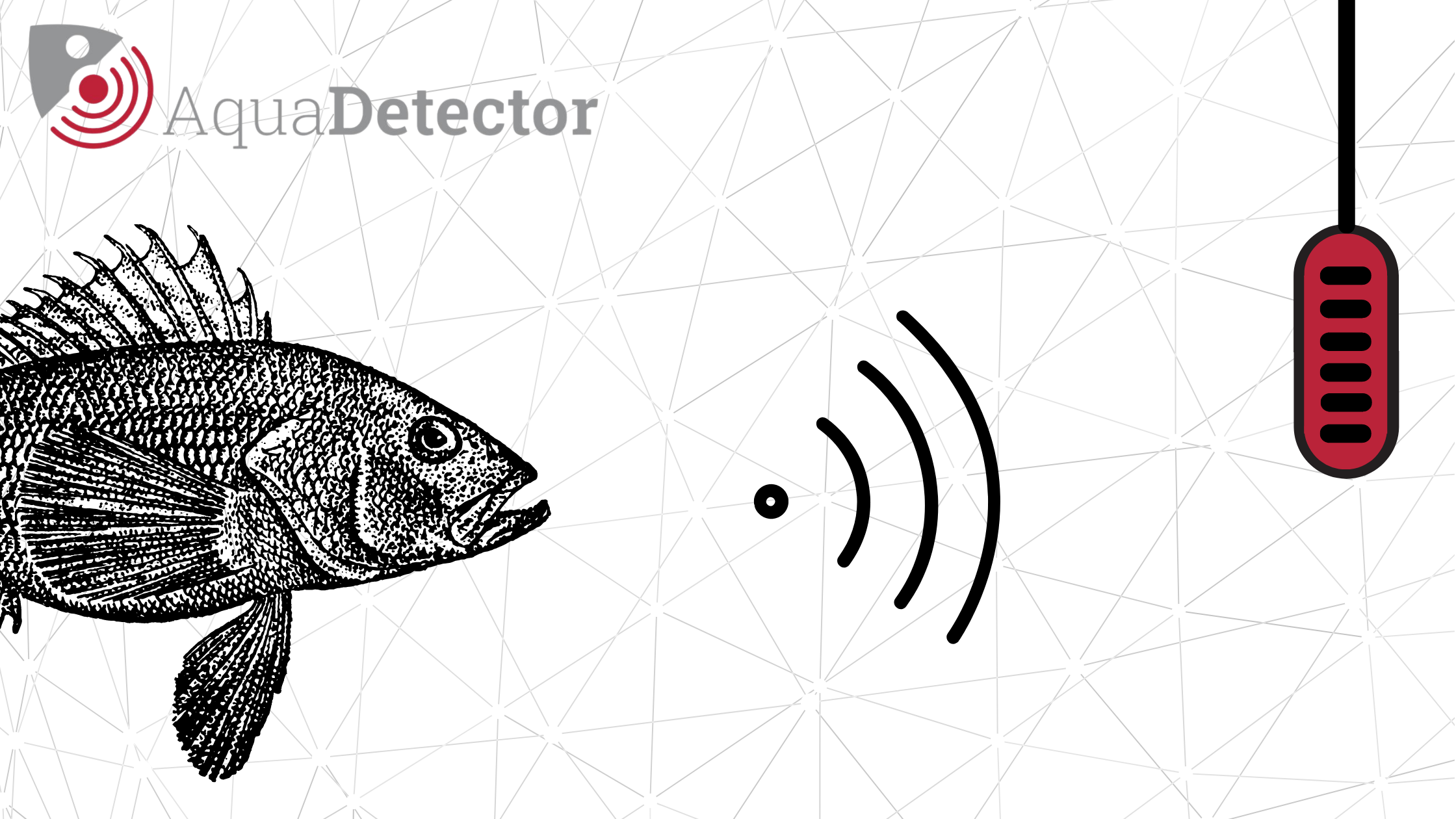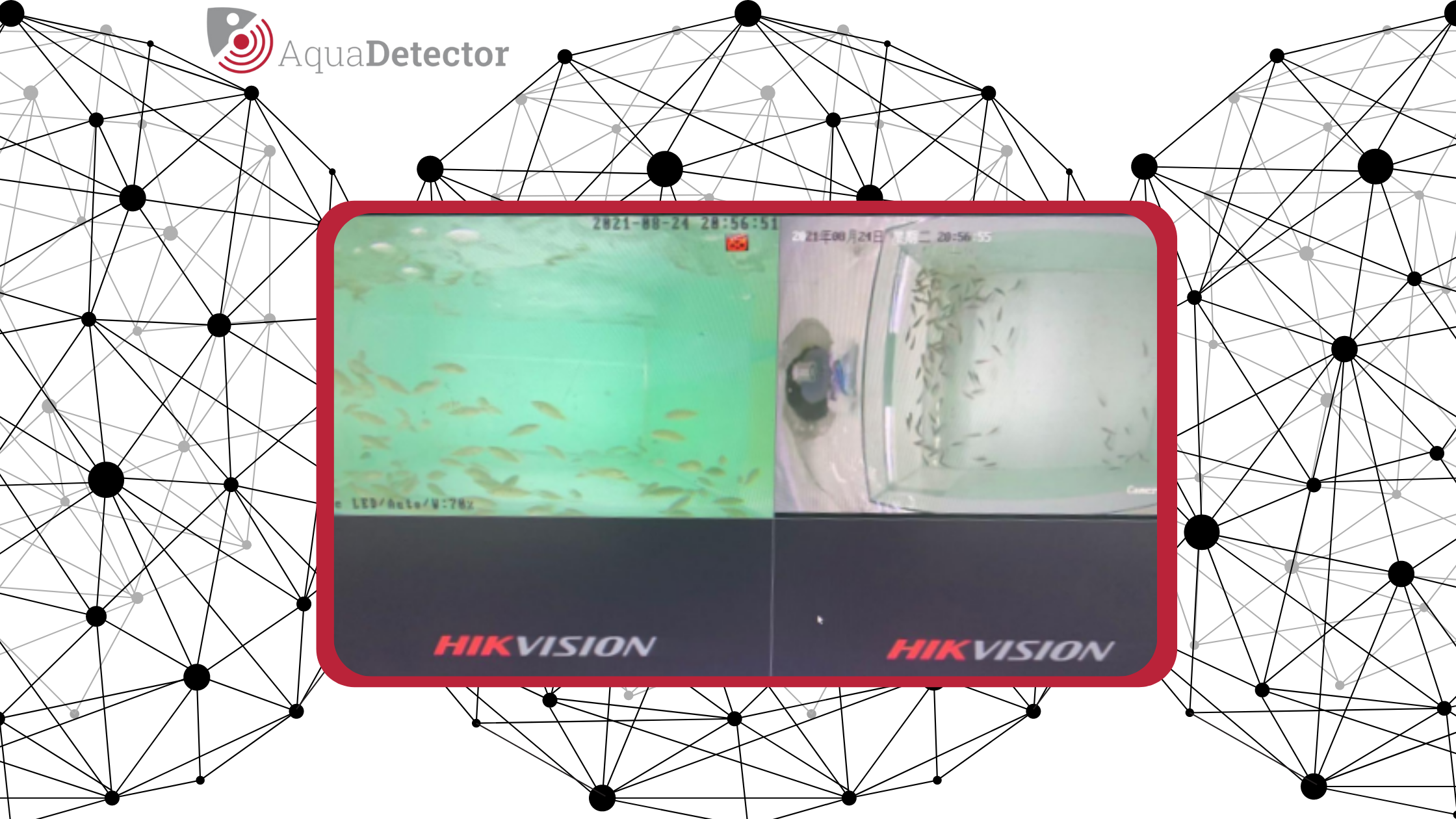China Agricultural University Researchers have exceeded the planed publications of the project, with many important research outputs generated.
They have published or submitted 11 papers and articles associated to research developed in the AquaDetector project, some of which are available online.
We welcome you to explore our research!
1. Haixia Li, Yu Guo, Huajian Zhao, Yang Wang, David Chow, (2021) Towards automated greenhouse: A state of the art review on greenhouse monitoring methods and technologies based on internet of things, Computers and Electronics in Agriculture, 191, Elsevier B.V. https://doi.org/10.1016/j.compag.2021.106558
2. Wang, G.; Muhammad, A.; Liu, C.; Du, L.; Li, D. Automatic Recognition of Fish Behavior with a Fusion of RGB and Optical Flow Data Based on Deep Learning. Animals. 2021, 11, 2774. https://doi.org/10.3390/ani11102774
3. He Wang, Song Zhang, Shili Zhao, Qi Wang, Daoliang Li, Ran Zhao (2022), Real-time detection and tracking of fish abnormal behavior based on improved YOLOV5 and SiamRPN++. https://doi.org/10.1016/j.compag.2021.106512
4. Shanhong Zhang et al., 2022. Numerical investigations on temperature and flow field performance of octagonal culture tank under different physical parameters for fish growth based on computational fluid dynamics. Computers and Electronics in Agriculture https://doi.org/10.1016/j.compag.2022.106821
5. Shili Zhao et al., 2022. A lightweight dead fish detection method based on deformable convolution and YOLOV4. Computers and Electronics in Agriculture https://doi.org/10.1016/j.compag.2022.107098
6. Yu Guo et al., 2022. Dual memory scale network for multi-step time series forecasting in thermal environment of aquaculture facility: A case study of recirculating aquaculture water temperature. Expert Systems with Applications (SCI)
7. Qi Wang et al., 2022. Recent advances of machine vision technology in fish classification. ICES Journal of marine science https://doi.org/10.1093/icesjms/fsab264
8. Mulan Mu et al., 2022. Phase change materials applied in agricultural greenhouses. Journal of Energy Storage https://doi.org/10.1016/j.est.2022.104100
9. He Wang et al., 2022. Fast detection of cannibalism behavior of juvenile fish based on deep learning. Computers and Electronics in Agriculture https://doi.org/10.1016/j.compag.2022.107033
10. Shili Zhao, et. al., 2021, Application of machine learning in intelligent fish aquaculture: A review, Aquaculture, Volume 540, https://doi.org/10.1016/j.aquaculture.2021.736724.
11. Ran Zhao et al., 2022. Formation control of multiple underwater robots based on ADMM distributed model predictive control. Ocean Engineering https://doi.org/10.1109/TSMC.2018.2855444
AquaDetector project will have the opportunity to share our research with stakeholders in Singapore, with partner AquaBioTech Group submitting posters to the poster session in areas of water quality and biomedia optimisation. AquaBioTech Group will be represented at the conference by CEO Mr Shane A. Hunter and Business Development Executive Ms Paola Reale.
WORLD AQUACULTURE Singapore 2022 will be held in Singapore from November 29th to December 2nd with involvement from countries throughout the Asian-Pacific region and around the world. Aquaculture is rapidly growing in the Asian-Pacific region and increasingly being integrated into the Singapore food systems; therefore 2022 is the perfect time for the world aquaculture community to focus on Singapore.
A major international trade show at WORLD AQUACULTURE Singapore 2022 is the place to learn about the latest aquaculture technologies presented by exhibitors from around the world.
Registration for this event is still open, and interested participants can register to attend
We look forward to see you there! You can visit the AquaBioTech Booth number 723 to meet our team and find more information on the AquaDetector Project.
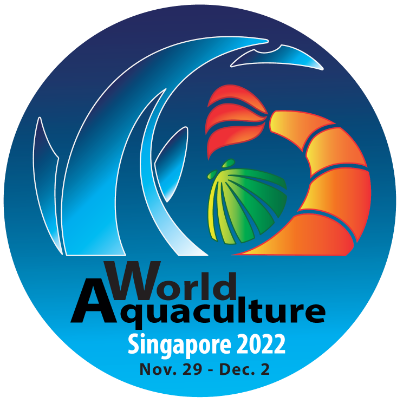
AquaDetector is please to announce that 2 areas of research will be presented to the aquaculture industry of Europe at the prestigious industry event Aquaculture Europe, which is being held this year in Rimini, Italy, from the 27th-30th of September. The AquaBioTech Group senior team members Mr Tamás Bardócz and Mr Michele Gallo will be in attendance at at booths 70-69-92 to discuss the work and the scientific research posters of teams led by Mr William Nowell and Mr Jui-Che Chiang will be presented daily at the e-poster sessions.
The research will consider the topics:
INFLUENCES OF THE DESIGN OF VARIOUS BIOCARRIERS ON THEIR PERFORMANCE IN MOVING BED BIOFILM REACTORS IN RECIRCULATING AQUACULTURE SYSTEMS
and
THE EFFECT OF FLOWRATE IN RECIRCULATING AQUACULTURE SYSTEMS ON WATER CHEMISTRY AS IT CONCERNS FEEDING EVENTS OF JUVENILE RAINBOW TROUT (Oncorhynchus mykiss)
Registration for the event is still open and we look forward to meeting you there
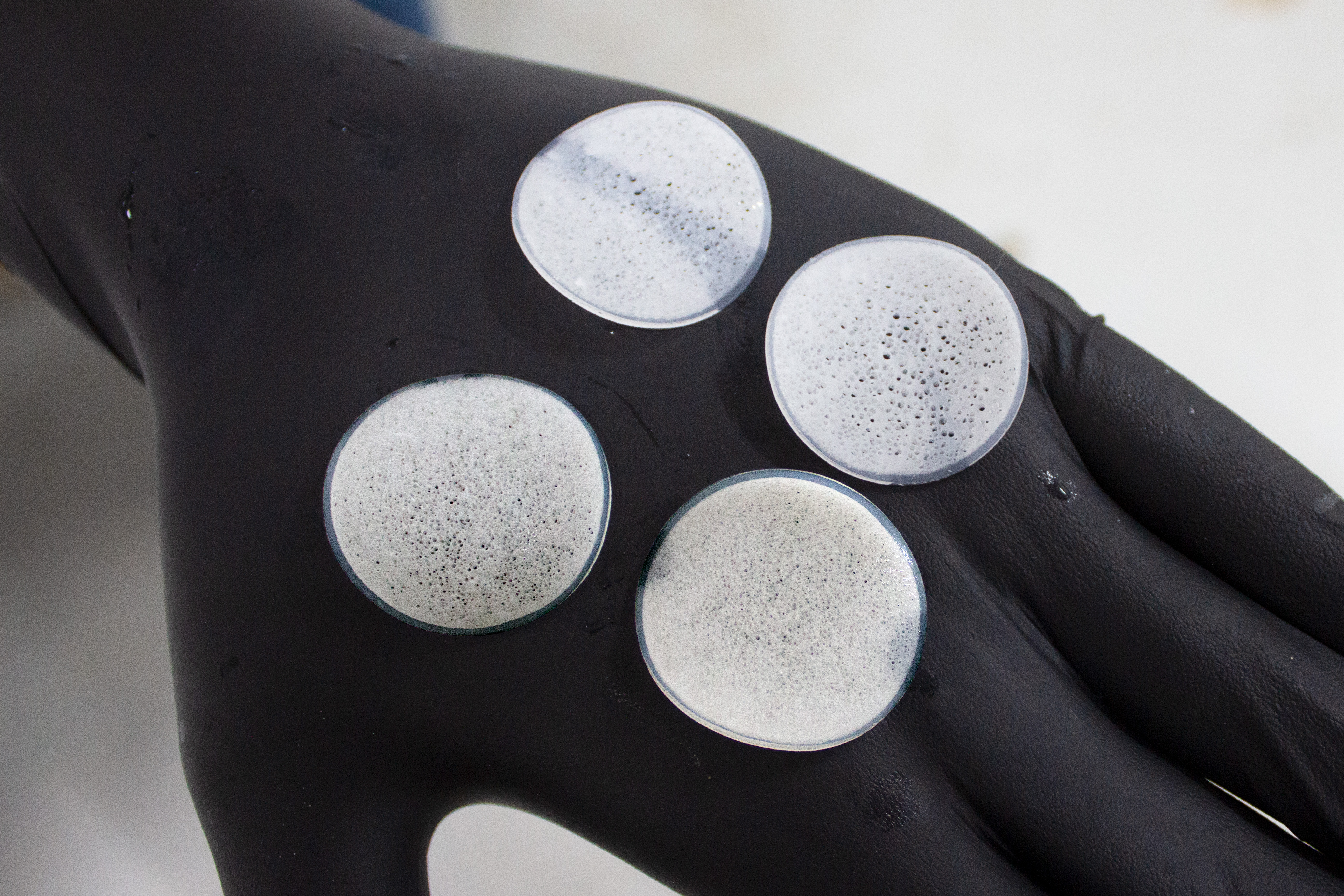
Today (28th July, 2022) at partner AquaBioTech Group, we hosted the AquaDetector project Malta workshop focused on how sensors and detection technologies can be used to monitor water quality, and discussing the interactions recorded between water quality factors during the research experiments conducted this year. After our researchers presented the experimental results, participants discussed how RAS systems can be further optimised to mitigate production environment issues. Proposed measures, such as biofiltration fine-tuning, and adjustment to flow velocity and direction, will be tested in our facility. Through the Sino-Malta collaboration, this research will help to further progress in RAS in both China and in Malta, and promote collaboration between researchers in the two countries.
Aquaculture is one of the fastest growing sectors in the food industry since it provides high-value proteins and healthy fats for a good diet and saves marine resources. Recirculating Aquaculture Systems, or ‘RAS’ aquaculture is unique as it is highly flexible and based on and, so it can be adapted to virtually any environment (from icy Norway to the deserts of Dubai) and can localise food supply. A better understanding of the production methods and introducing innovative technologies are a priority of this growing industry. While there have been concerns about environment impacts of aquaculture, RAS gives us an alternative for rearing aquatic animal in a sustainable way. It can reuse over 90% of water and control environmental parameters, preventing diseases and reducing wastes and water use.
To make sure the animals living with preferred water quality, organic waste removal from the tanks is priority. AquaDetector project, a partnership between Maltese SME AquaBioTech Group, China Agricultural University National Innovation Center for Digital Fishery, and Mingbo Aquatic Co. Ltd. and cofunded by the Malta Council for Science & Technology, is trying to reach the goal of assessing flowrate effects as the main environmental factors in early-stage rainbow trout in RAS.
With proper water flow management, primary flow in culture tanks circulates along the tank wall and secondary flow which brings organic wastes to the central drain for disposal. The AquaBioTech Group study combined the testing of different inlet placements including water input at varying tank depths and water introduced from the surface creating turbulence. The results of interest include waste removal efficiency, tank oxygenation rate and fish growth and welfare. Of vital importance to the success of rearing early-stage rainbow trout is balancing waste removal and water quality with production performance and fish welfare.
Find out more about the results of this study by visiting the AquaBioTech Group Booth at the Malta AgriFair 2022 where researcher Jui-Che Chiang will present the research as part of the Aquaculture and Fisheries information sessions on May 22nd. Project AquaDetector www.AquaDetector.com is cofunded by the Malta Council for Science & Technology through the Sino-Malta Fund 2019 (Science and Technology Cooperation) Grant agreement number: SINO-MALTA-2019-11. AquaBioTech Group www.aquabt.com. https://agrifair.gov.mt/

